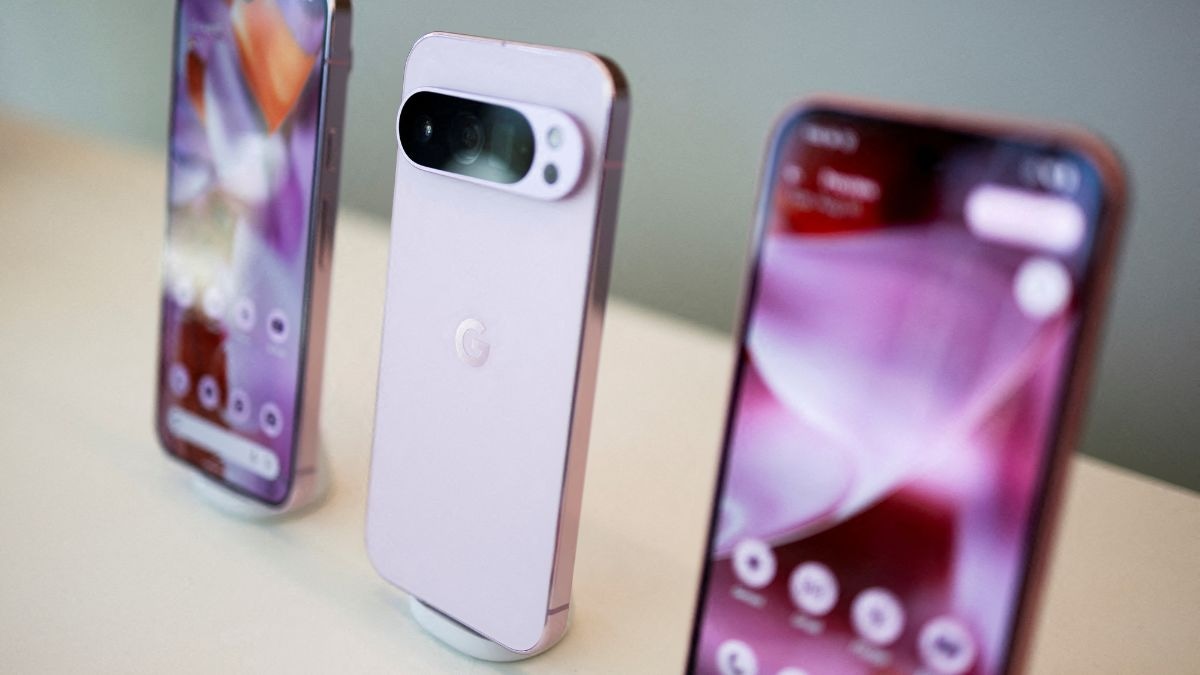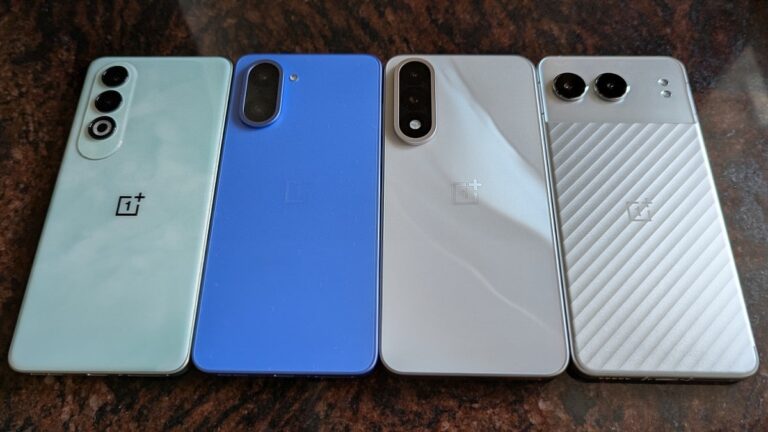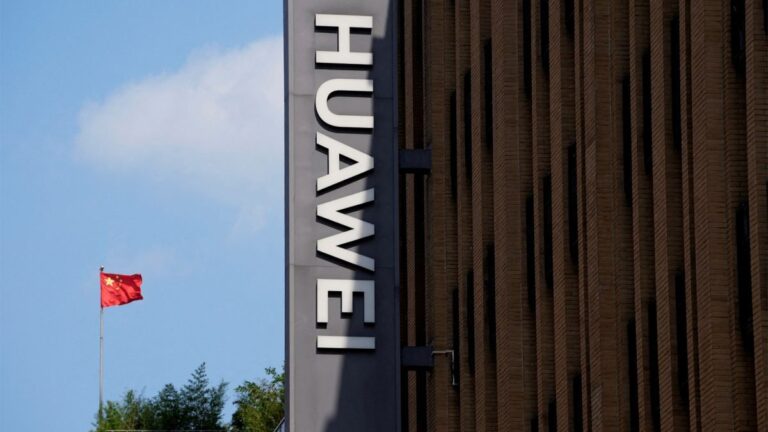Japan’s Tokyo District Court has ordered a ban on the sale, import, advertisement and even public exhibition of Google’s Pixel 7 and Pixel 7 Pro smartphones.
The court found that the devices infringed on a patented communication method used in 4G LTE networks — a judgment that poses broader implications for Google’s hardware future in one of its most promising international markets.
The lawsuit, initially filed by South Korean company Pantech, centres around a patent related to how mobile phones interact with base stations by sending and receiving “acknowledgement signals” (also referred to as ACK) — a mechanism essential to ensuring stable data transmission in 4G environments.
This highly specific functionality is integrated deeply into the internal operation of smartphones that utilise LTE connectivity.
Pantech, though no longer a player in the global smartphone hardware business, still holds a portfolio of active standard-essential patents (SEPs).
The firm claims that Google implemented its technology in the Pixel 7 and Pixel 7 Pro without acquiring the necessary license to do so. The Tokyo court agreed, concluding that Google’s actions were in violation of Japanese patent law.
The ruling affects not only commercial sales but also bans the advertising, importation, transfer, and public display of the Pixel 7 and Pixel 7 Pro.
The devices can no longer be distributed through retail channels or showcased by Google and its partners within Japan.
Google’s courtroom conduct criticised by judge
Beyond the technical patent issue, the court’s judgement was shaped by its assessment of Google’s demeanour during the legal process. The presiding judge issued a sharp critique of the company’s behavior, describing its approach as “insincere.”
This characterisation reportedly influenced the severity of the court’s response, leading to an outright ban rather than a financial penalty or mediated settlement.
The allegation of insincerity carries significant weight in Japanese legal culture, where cooperation and transparency are highly valued during litigation. According to ET News, this might have set the tone for a far more restrictive ruling than initially anticipated.
Patent holder Pantech no longer makes phones, but it’s not out of the game
Pantech was once a relatively well-known South Korean smartphone brand in the late 2000s and early 2010s.
However, as brands like Samsung and LG dominated the market, Pantech eventually exited the mobile handset space. Despite this, it retained its intellectual property, including patents integral to wireless communication technologies.
In recent years, Pantech has transformed into what is often described as a “patent monetisation business.” It is now focused on enforcing its existing intellectual property rights through the courts, often targeting major players in the tech industry.
The company’s legal campaign is being supported by IdeaHub, a firm that specialises in identifying, acquiring, and monetising valuable technology patents.
Previous legal actions by Pantech and IdeaHub have been brought against several companies, including OnePlus, Niantic (the developer behind Pokémon Go) and smartphone manufacturer BLU.
In some of those cases, settlements were reached; in others, court victories were secured. The Japan ruling against Google marks one of the more high-profile outcomes of this strategy.
Pixel 8 and Pixel 9 could be next in line
While the immediate ruling applies only to the Pixel 7 and Pixel 7 Pro, both Pantech and IdeaHub have already moved to initiate further legal proceedings targeting the newer Pixel 8 line and
the Pixel 9 series.
Though the Japanese courts have yet to issue a verdict on those models, legal filings indicate that the same patent is being cited as the basis for the expanded injunction request.
If the ban extends to these newer models — which are actively being marketed or are expected to be launched later this year — the consequences could be significantly more damaging for Google.
Unlike
the Pixel 7 series,
which is approaching three years since its release,
the Pixel 8
is still part of Google’s current product lineup. The Pixel 9, meanwhile, is expected to be the centerpiece of the company’s upcoming product cycle.
For now, Google has not confirmed its next steps. The company could appeal the decision, negotiate a licensing agreement with Pantech and IdeaHub, or design future devices in a way that avoids the patented technology altogether.
Why this ruling matters in Japan matters to Google
Japan is not just any market for Google. Over the past few years, it has emerged as one of the few countries outside of North America where Pixel smartphones have made significant inroads.
The Pixel 7 and Pixel 7a, in particular, were instrumental in helping Google gain market share in Japan. According to data from Counterpoint Research, Japan surpassed the United States in Pixel shipments during the first quarter of 2023.
The popularity of Google’s smartphones in Japan has even allowed the company to briefly overtake Apple and become the second-largest smartphone brand in the country.
This success was largely fuelled by the reception of the Pixel 7 series and the mid-tier Pixel 7a, which appealed to Japanese consumers through factors like price, camera capabilities and Google-exclusive software features.
With this sales momentum now threatened by ongoing legal uncertainty, analysts warn that even the perception of instability around the Pixel brand could cause a decline in consumer trust and purchasing behaviour — regardless of whether the newer models eventually face a formal ban.
How dormant patents are creating new challenges for tech giants
The Google-Pantech dispute is part of a growing trend across the tech industry — where older, dormant patents are being resurrected and enforced, often by companies that no longer play a direct role in the production of devices or services.
Legal experts suggest that this tactic, while controversial, is becoming increasingly common as former hardware firms seek new ways to profit from their IP portfolios.
The enforcement of standard-essential patents (SEPs) is particularly contentious. These patents relate to fundamental technologies — such as 4G/LTE protocols — that are critical for interoperability.
Because of this, such patents are typically expected to be licensed under FRAND (Fair, Reasonable, and Non-Discriminatory) terms. However, when a licensing deal fails or is not sought at all, it can open the door to litigation and potential sales bans.
In the case of Google, Pantech alleges that the company never acquired a proper license for the patented LTE communication technique.
The Tokyo District Court’s agreement with this claim, paired with its criticism of Google’s courtroom behaviour, indicates that Japanese courts are taking such IP matters seriously — and are willing to issue sweeping bans even when the claimant no longer actively produces related products.
Also Watch:
With inputs from agencies























